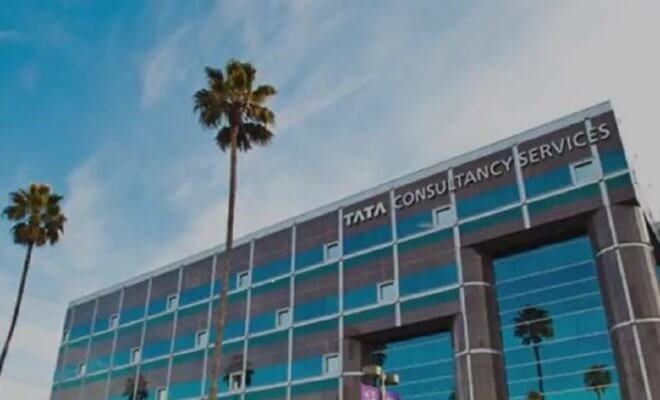India
TCS to Face U.S. Jury Over Accusations of Preferring South Asian Workers

Picture Credit: Facebook
TCS has denied any unlawful bias in its U.S. operations and said the workers were removed over “performance concerns.”
India’s largest software exporter Tata Consultancy Services (TCS) will face U.S. juries after former employees filed a lawsuit alleging the Indian IT major discriminates against American employees, Bloomberg reported.
The trial, which will begin in California, will look closely on the work-visa programs that the company has taken to employ immigrant citizens.
According to the report, the plaintiffs have accused the company of firing an employee 13 times more likely, if he/she is not South Asian.
TCS, headquartered in Mumbai, has denied all the allegations, stating employees are terminated over “performative concerns.”
Stating it cannot reveal further information owing to pending litigations, a TCS spokesperson said, “Our success is based on our ability to provide the best talent available, both in the U.S. and globally, based purely on the individual’s specialized experience, skills and fit for each client’s specific needs,” Bloomberg reported, adding “TCS also strictly adheres to all federal and state equal employment opportunity laws and regulations.”
Daniel Kotchen, the lead lawyer for the case, who has filed seven class action suits against top six Indian IT services companies, told Economic Times, “Our practice in this area is devoted to protecting employees and their rights — whether they are visa holders or local hires.”
Kotchen’s firm aims to stop the discriminatory behavior of outsourcing firms through this litigation, Bloomberg said in its report.
“The U.S. has the world’s strongest economy,” Kotchen said. “Foreign corporations that seek to profit from our economic strength have to respect the law of our land,” Bloomberg quoted him as saying.
In its report, Bloomberg said that the jury will also be shown statistics, which suggests that from 2011, the company fired 12.6 percent of its non-South Asian workers in the U.S., compared with less than 1 percent of its South Asian employees.
The case, which was expanded last year into a class action lawsuit also said, “TCS has a pattern and practice of intentional discrimination in its United States workforce whereby they treat persons of South Asian descent, South Asian race, and South Asian national origin, more favorably than those who are not South Asian, including plaintiffs,” a court statement was quoted by Leagle.com.
Earlier this year, Darryl Stacy, Donald Stephan Bradley, and Hesham Hafez filed a complaint in the District Court of New Jersey, alleging that TCS prefers to bring employees on visa even when trained U.S. citizens are available in the country, the Economic Times reported. They also accused the company of discriminating against them and favoring Indians and South Asians while hiring locally.
“TCS’ president for North America Surya Kant and vice president and head of human resources Narasimhan Srinivasan devised and implemented a nationwide ‘leadership directive’ to utilize TCS’s visa-ready South Asian employees (also known as ‘expats’) to the ‘maximum extent’ when filling U.S. positions,” the complaint said, according to the Bloomberg report.
TCS is also not the only Indian company facing such allegations. An ex-employee of HCL Technologies filed a lawsuit last month, accusing the firm of preferring South Asian workers over Americans. Earlier this year, another U.S. citizen accused Wipro, India’s fourth largest software services company, for engaging in a practice of systematic termination of work of its American employees, in favor of Indian workers.
These allegations from U.S. workers come at a time when the Trump administration is stressing over its “Buy American and Hire Americans” executive order. It has also enhanced scrutiny over issuing H-1B visas and directed officials to apply the same level of scrutiny for H-1B visa extension requests as the other sought-after visas.
